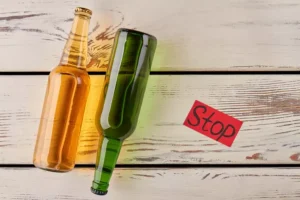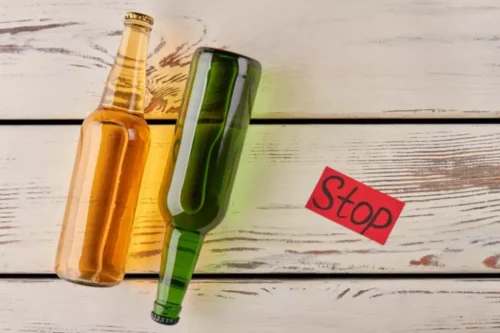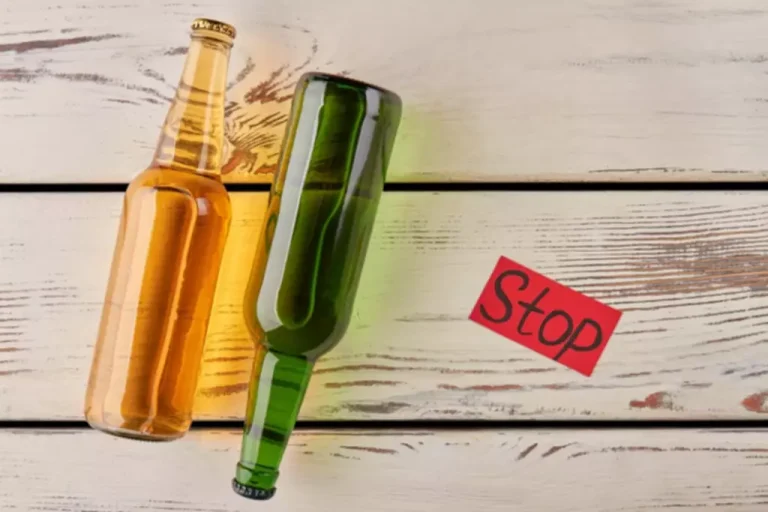

Asking for help is an important step in overcoming alcohol addiction. Reaching out to friends, family, https://ecosoberhouse.com/ support groups, or healthcare professionals provides the guidance and encouragement needed to maintain sobriety. Seeking help also provides individuals with access to tailored resources and coping strategies to navigate triggers and cravings. The Pauquette Center offers a variety of alcohol abuse treatment and substance abuse treatment (drug addiction) services.
Veterans Crisis Line
This form of therapy is focused on identifying the feelings and situations (called “cues”) that contribute to heavy drinking and managing stress that can lead to a return to drinking. The goal is to change the thought processes that lead to alcohol misuse and to develop the skills necessary to cope with everyday situations that might trigger alcohol misuse. AUD is characterized by an impaired ability to stop or control alcohol use despite adverse social, occupational, or health consequences. Health care providers diagnose AUD when a person has two or more of the symptoms listed below. AUD can be mild (the presence of two to three symptoms), moderate (the presence of four to five symptoms), or severe (the presence of six or more symptoms). Research treatment options, such as drug rehab programs, and offer to help them contact a professional or attend their first appointment.


Staying healthy and in control
- Symptoms can also include intense periods of withdrawal once you stop using alcohol.
- Comprehensive care that addresses the physical, emotional, and social aspects of addiction.
- A group of friends got Tash to try her first drink, but depression and insecurities fueled her addiction to alcohol.
Please note that while alcohol helplines are trusted resources, they cannot offer emergency care. If addiction and substance use has led to a medically or mentally dangerous situation, call 911. The decision to finally get help for an alcohol addiction is a Drug rehabilitation brave step toward regaining control of your life. Even if you’re unsure or scared about calling an alcohol addiction hotline, there’s no harm in speaking with someone about your concerns. Understanding the available treatment options—from behavioral therapies and medications to mutual-support groups—is the first step.


Cutting back vs. quitting alcohol altogether
It makes people crave alcohol and believe that they must go to any length to drink. Individuals with certain types of mental health disorders may also be more likely to become addicted to alcohol. These conditions are known as co-occurring disorders when they exist alongside alcohol addiction.
Try taking a class, joining a church or a civic group, volunteering, or attending events in your community. Changing your lifestyle helps break free from alcohol dependence and build long-term sobriety. Setting clear goals grants focus and motivation to sustain recovery efforts. The process involves identifying safe spaces or people to confide in and expressing your struggles and goals. Participating in group therapy or individual counseling allows deeper exploration and shared experiences.
Medical Professionals


Whether you’re seeking to approach the topic for the first time or looking for ways to encourage recovery, the guidance here will help you navigate this challenging path with empathy and care. Local authorities are responsible for alcohol treatment services. Intensive residential rehabilitation may require an additional assessment process to determine if there is funding for this.


Advice for Friends and Family Members
- Recovery works through one alcoholic sharing their experience with another.
- When people become addicted, their brains are chemically rewired to desire alcohol.
- Outpatient alcohol treatment can be highly effective under the right circumstances.
- People who’re dependent on alcohol may need to learn skills and coping mechanisms to help avoid alcohol once you leave a treatment center or return to familiar environments.
- You may wish to ask someone you trust to help you through the process and for support along the way.
It is essential to remain non-judgmental and focus on the impact of the alcohol use rather than accusing or blaming. Therapy is a cornerstone of outpatient alcohol treatment and may include individual counseling, group therapy, family therapy, or cognitive-behavioral therapy (CBT). Therapy addresses the underlying causes of alcohol use and develops coping mechanisms.


Learn More About A.A. Service
- People often think there are only two places to get help for alcohol problems—Alcoholics Anonymous (AA) or residential rehab.
- When choosing an interventionist, don’t hesitate to ask about their training and healthcare experience with alcohol abuse.
- Engaging a professional interventionist can help facilitate the discussion, ensuring the process is structured and effective.
- And use the Navigator to choose quality care that is backed by science.
- Counseling and therapy help people find motivation for entering rehab, garner positive reinforcement and learn to overcome underlying causes of alcohol addiction.
- Reviewing the results, you may be surprised at your weekly drinking habits.
Writing these reasons down or sharing them with a alcohol addiction help trusted person helps to reinforce commitment. Treatment for alcohol use disorder can vary, depending on your needs. Treatment may involve a brief intervention, individual or group counseling, an outpatient program, or a residential inpatient stay. Working to stop alcohol use to improve quality of life is the main treatment goal. Also known as “alcohol counseling,” behavioral treatments involve working with a health care provider to identify and help change the behaviors that lead to alcohol problems. Resources like Boardwalk Recovery are here to provide professional guidance, support, and treatment options to help your loved one on their path to sobriety.






